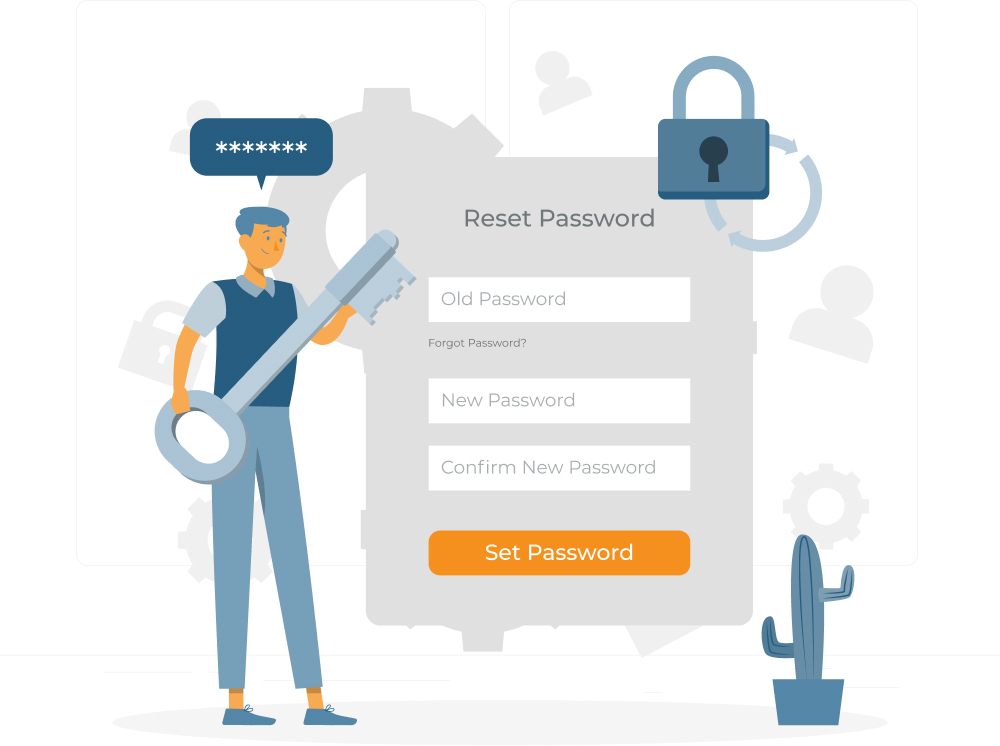The crisis has shown that goals can quickly become obsolete. What you planned and prepared for in January, suddenly became irrelevant or on hold. You had to survive some way or other and came up with an impromptu plan and a change-management strategy to face the challenges in place – such as switching to remote-working overnight. If visions can quickly become irrelevant, that means we have to we give contingency planning its due importance. Addressing “what ifs” safeguards our business’ continuity and avoids extra headaches when you least want them. This means that, following the pandemic, we’ve seen a rapid change in the leaders of our workforce.
What skills do leaders need to be equipped with?
Previously leaders and having a vision were synonymous, however now we can see there’s been a shift in these expectations. Leaders must not only have vision, but more importantly, the ability to change direction and be flexible to what they are faced with. Sometimes it’s also about realising and admitting that you do not know what will happen.
Other leadership skills that have become more important for managers overnight are self-awareness and humility. As people’s workplaces become their homes, the boundary is no longer clear. However, if there was ever a product out of this it is that when people are given the tools, they adapt and implement a change strategy, even overnight. When you trust your workers and give them the tools they require they will find a way to do it. It may even be argued that people are even more productive when they feel trusted and enabled. If you lead with purpose, empowerment and support, people will respond positively with results. If you lead from a point of command and control, you can expect employer turnover and less productivity over all. Even if a position of command and control serves you in the short term, it does not build a positive and trusting work culture, which in turn does not bring in innovation and results.
Knowledge workers drive innovation by finding purpose in their work, that they are valued for their talents and brains and given autonomy rather than being micromanaged. This was the opposite in the Industrial Revolution where things were produced at scale, with a machine-like approach – consistent in quality, at low cost, and efficient. The terms ‘Supervisor’ and ‘Manager’ were synonymous – overseeing that everything is done “the right way”. Henry Ford is famously known to have complained – “Why is it every time I ask for a pair of hands, they come with a brain attached?”. He valued people based on how efficiently they can perform a simple repetitive task. Now, the approach which motivates and encourages workers to perform is the opposite.
The future of leadership
A few months ago, if we had to identify what makes a good leader the usual contenders would be being a good communicator and to be able to translate strategy into action. However, now the ability to manage ambiguity quickly became the top contender. This is a real-life challenge, that we were faced with and managers who were able to manage ambiguity and retain effective communication with their (newly) remote workers came out on top.
Effective leadership as we turn this new leaf will also be tested as the workplace as we know it changes. The topic of Remote work was already gaining ground pre-pandemic, but it quickly became the reality of many. Now that we began our way forward, many have realised the benefit of remote working and their will be a substantial reimagining of what workplaces look like and how work can still get done. This will leave its implications on meetings as we know them and business travel which we’ve come to learn is inessential. Another hot topic is the well-being of workers as it is finally given its due importance. Although we’ve perhaps implement benefits such as in-office yoga sessions, we’ve finally realised its more than that. It is also about the resilience of workers, what effects productivity and the belonging they feel.
Last but not least, leadership is also about managing and pushing workers to grow and upskill and in some cases reskill to adapt to an ever-evolving digital landscape.


